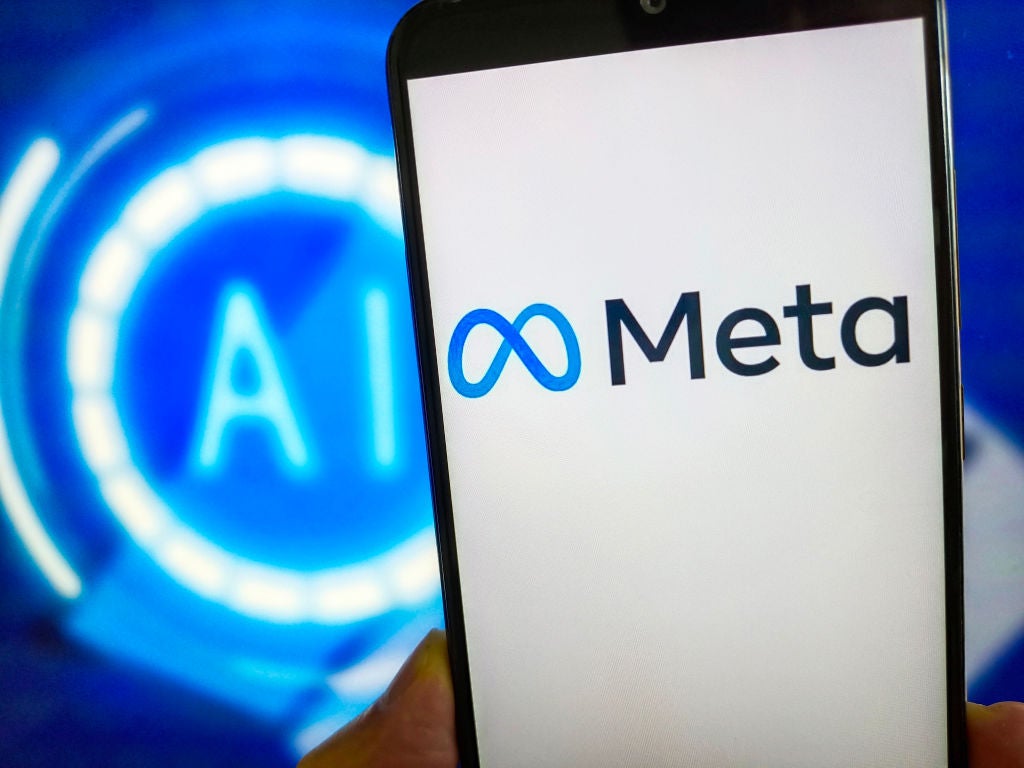
The UK government has said it will allocate £250m for a National Artificial Intelligence Lab for the National Health Service (NHS) to improve patient care.
The NHS AI Lab will take on challenges such as improving the detection of diseases, estimating the future number of beds, devices and drugs needed and automating routine administration tasks.
Prime minister Boris Johnson said that the AI lab would be aimed at “freeing up staff to care for patients”.
The AI Lab will sit within NHSX, a unit set up to streamline the digital transformation of the Department of Health and Social Care, NHS England and NHS Improvement.
Health secretary Matt Hancock said: “We are on the cusp of a huge health tech revolution that could transform patient experience by making the NHS a truly predictive, preventive and personalised health and care service.”
NHS England chief executive, Simon Stevens said:
How well do you really know your competitors?
Access the most comprehensive Company Profiles on the market, powered by GlobalData. Save hours of research. Gain competitive edge.

Thank you!
Your download email will arrive shortly
Not ready to buy yet? Download a free sample
We are confident about the unique quality of our Company Profiles. However, we want you to make the most beneficial decision for your business, so we offer a free sample that you can download by submitting the below form
By GlobalData“In the first instance, it should help personalise NHS screening and treatments for cancer, eye disease and a range of other conditions, as well as freeing up staff time, and our new NHS AI Lab will ensure the benefits of NHS data and innovation are fully harnessed for patients in this country.”
The benefits of AI in healthcare
AI is already revolutionising healthcare around the world, from diagnosing patients, predicting the likelihood of having a disease, to providing insights into a hospital’s operations.
Much of this revolves around spotting patterns in large sets of data. For diagnosis, that could be x-ray scans, with the AI acting as an initial screening for a human practitioner to then review.
“Sooner rather than later, millions of patients with any condition will be supported by AI technologies, either as part of diagnostics, treatment, or administration,” said John Gikopoulos, global head of AI and automation at Infosys Consulting.
“While this may be invisible to the patients themselves, healthcare providers from GPs to hospitals will reap the benefits of greater efficiencies, both in terms of costs and staff productivity. AI will also give much better insights into health conditions and their treatment.”
.@MattHancock announces a new £250 million fund for a National Artificial Intelligence Lab to develop cutting-edge treatments for cancer, dementia & heart disease.@NHSX will deliver these innovations to the highest standards of data ethics & privacy.#OurNHSstories #HealthTech pic.twitter.com/of08Xqeajr
— Department of Health and Social Care (@DHSCgovuk) August 8, 2019
Mark Bridger, senior vice president Europe at OpenText, an AI software company said: “The true value of AI will be found in it working alongside humans to ease the pressure across the healthcare system as well as making our lives easier.
“By implementing AI when tapping into the vast volumes of data available to them, healthcare organisations can gain access to real-time information and sophisticated insights – empowering them to improve decision-making and deliver services that really do meet the needs and wants of UK citizens.”
The data challenges of the NHS AI lab
Experts have warned that the large amounts of data required to have effective AI will come with extra data protection challenges for the health service.
The Information Commissioner’s Office (ICO), the UK’s data regulator, previously found the Royal Free NHS Foundation Trust did not do enough to safeguard patient data when sharing 1.6 million patient data records with Google-owned DeepMind.
Mark Frankish, a data scientist at SAS UK & Ireland, welcomed the NHS embracing AI but warned of the “patchy record” of public sector technology projects.
“Investing in a secure organisational foundation to facilitate AI implementation must, therefore, be a priority if the NHS is to reap the benefits,” he said.
“Employing a centralised system where all data, including from outside the organisation, can be accessed by every clinician, administrator and application, will greatly facilitate advances in predictive diagnostics and forecasting abilities, enabling the NHS to derive maximum value from its data and, ultimately, save more lives.”
Gikopoulos added that the health service will need to have “vision and strategy in place” to maximise the benefits of the AI Lab.
Last November the government invested £50m into AI in healthcare and five new centres of excellence for digital pathology and imaging.
Read more: Stop trade war restrictions on AI healthcare, experts warn







